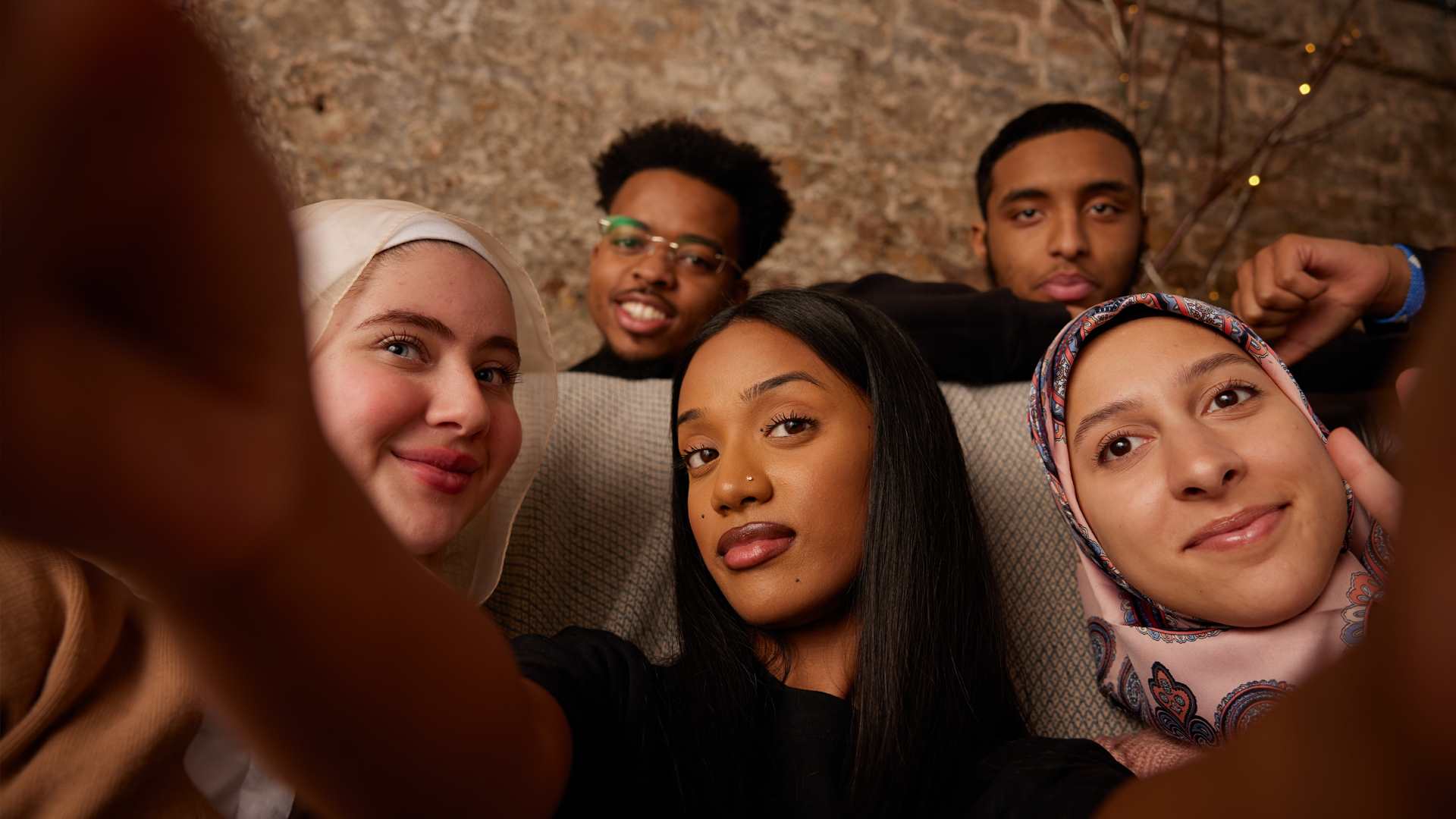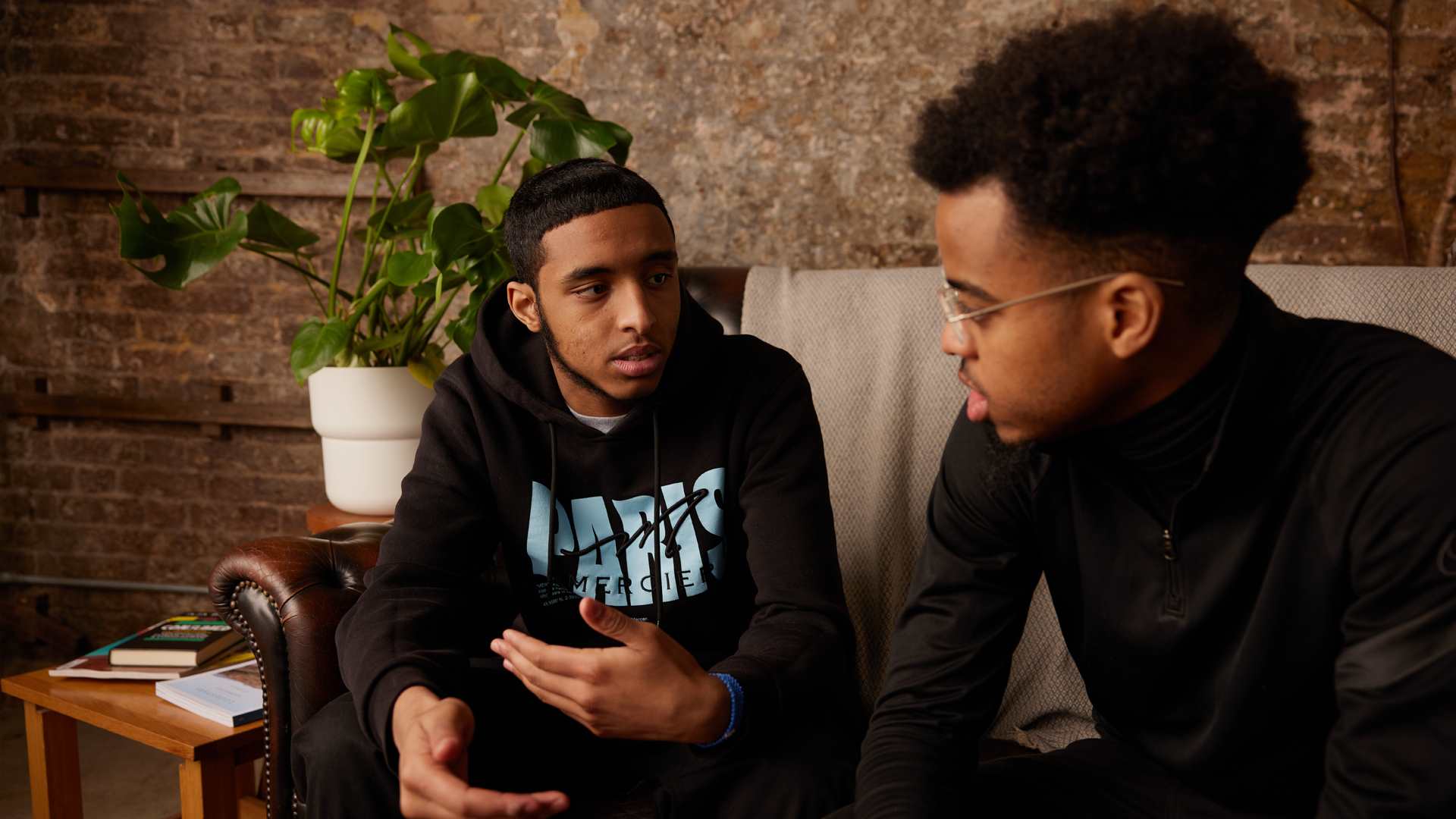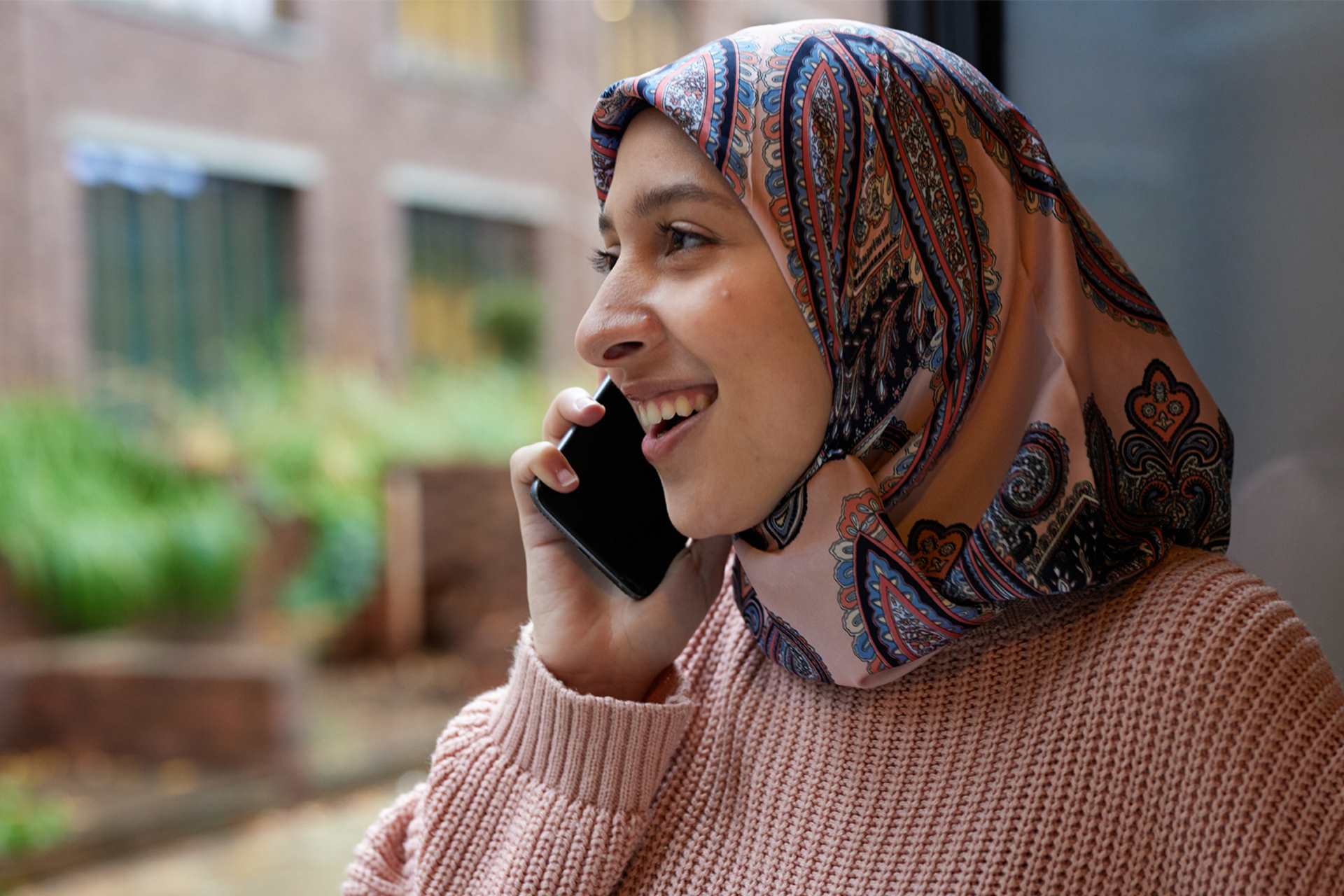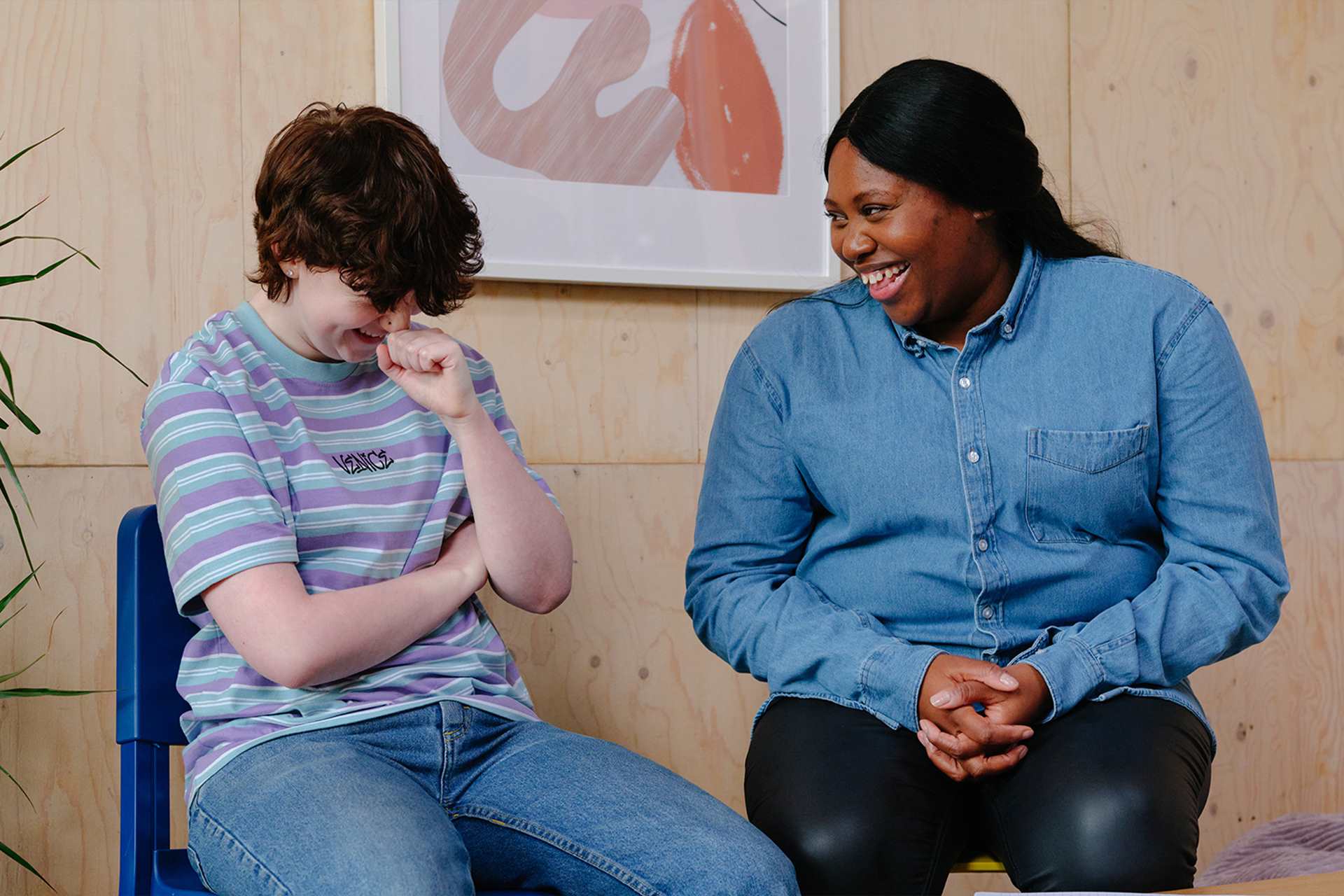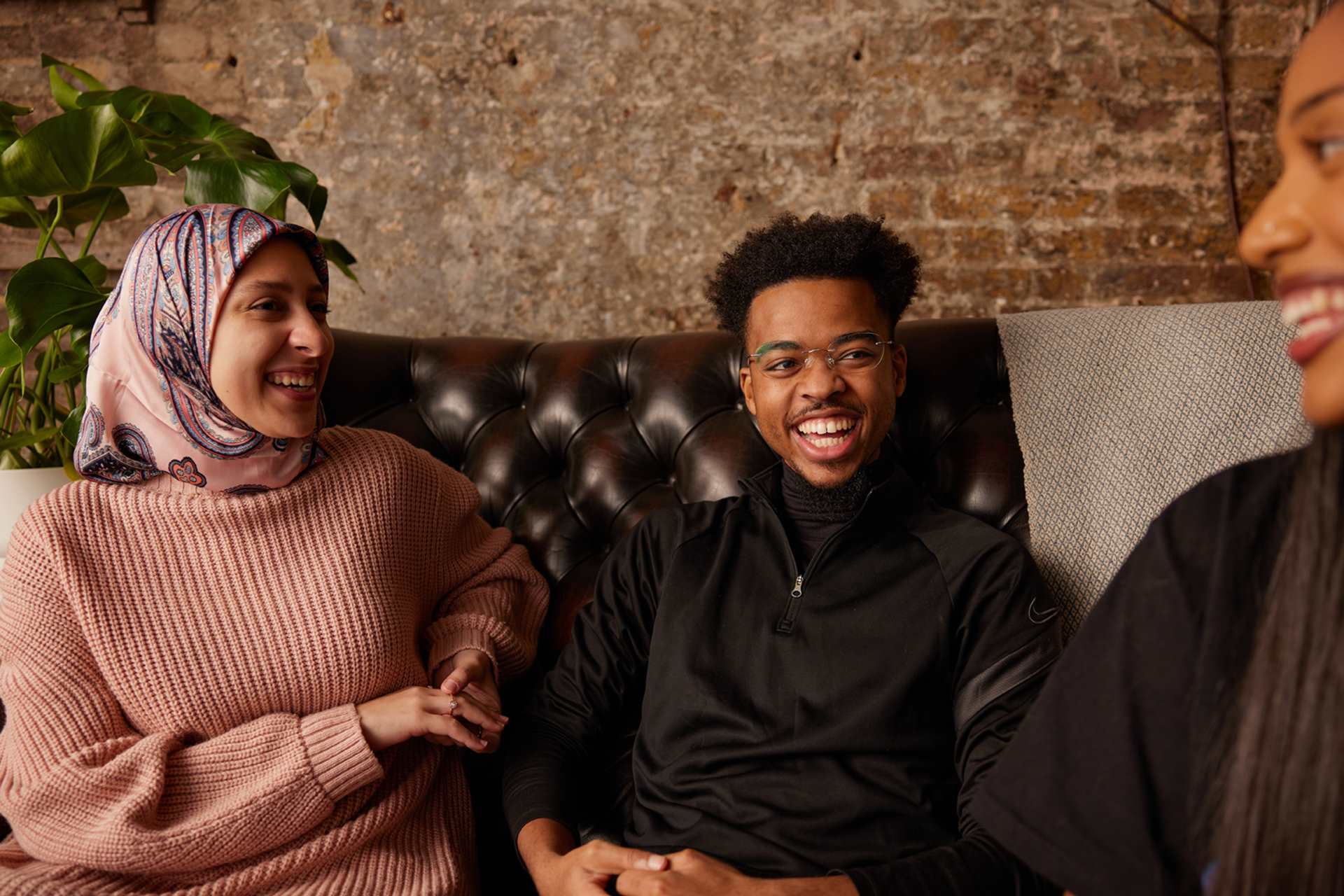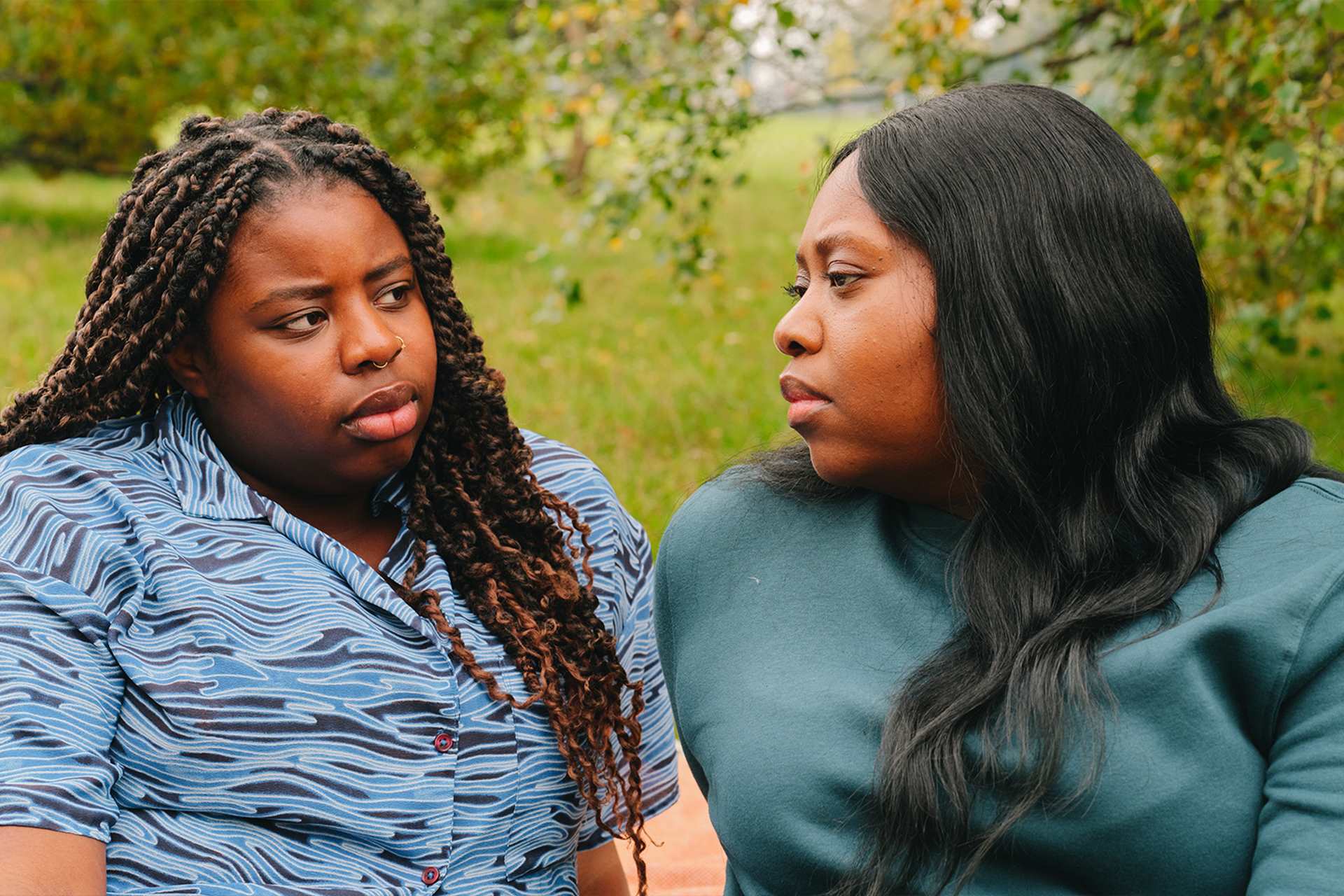Your identity is yours to explore
Our cultural identity isn’t fixed; it can change over time. But the environment or culture we’ve grown up in tends to shape our cultural identity a lot.
Lots of young people in the UK belong to more than one culture. Perhaps you or your family have grown up in a different country or countries. Or you might be part of a diaspora community.
You might feel a strong connection to certain parts of your cultural identity, or maybe not. And your feelings around this can change as you move through life. Your identity is yours to explore in your own time and in your own way.
